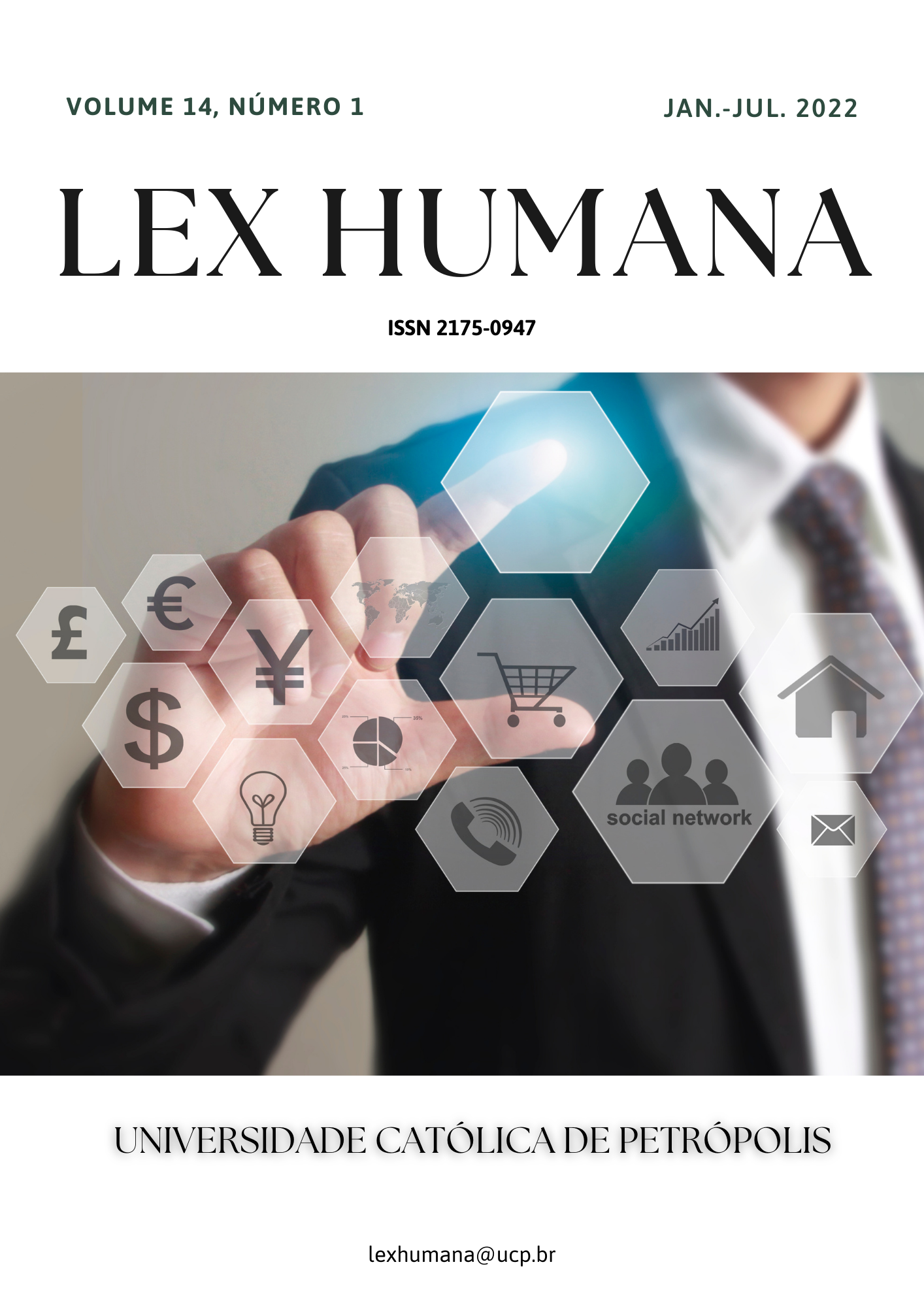Abstract
The article discusses the historical aspects of the formation and development of the institute of physical evidence in the criminal process in Russia. The main method of research was the general scientific systematic method of cognition which made it possible to comprehensively consider the historical aspects of the formation and development of the institute of physical evidence in criminal proceedings in Russia. In modern conditions of improvement and development of the criminal process in Russia, provisions affecting the strict observance of the established procedure for criminal proceedings and procedural norms guaranteeing the protection of the individual, his rights and freedoms, the interests of society and the state from crimes, are of particular importance, by solving crimes, exposing and bringing to justice those who committed them, a fair trial and the correct application of the criminal law. The implementation of these provisions in practice is most facilitated by the study of issues of one of the central spheres of criminal procedure – physical evidence. The importance of studying this problem is dictated by the need to correctly identify and classify physical evidence when making procedural decisions in pre-trial proceedings in criminal cases, for which it is necessary to study their historical process of formation and development.
References
Alekseev, N.S., Lukashevich, V.Z. (1989). Evidence in criminal proceedings. General questions of the doctrine of evidence. The Soviet Criminal Trial. Leningrad: Leningrad University Press.
Bazhanov, M.I., Groshevoy, Yu.M. (1983). Soviet criminal trial. Kiev: Vischa school.
Borulenkov, Yu.P. (2009). Specificity of material evidence. Criminal proceedings, 7, 18.
Dorokhov, V.Ya. (1971). The nature of material evidence. Soviet State and law, 10.
Eisman, A.A. (1967). Expert opinion. Structure and scientific justification. Moscow: Yuridicheskaya Literatura.
Foynitsky, I.Ya. (1996). Course of criminal proceedings. St. Petersburg: Alfa.
Glebova, V.G., Zaitseva, E.A. (2006). Criminal process. Volgograd: Publishing house of the Volgograd State University.
Goncharova, E.E. (2011). The problem of the concept of "material evidence", In: International scientific and practical conference "Crime in the CIS: problems of prevention and disclosure of crimes": collection of materials. Voronezh: Voronezh Institute of the Ministry of Internal Affairs of Russia.
Grigoryan, T.A. (2021). Formation and development of the institute of evidence in the Russian criminal process. Bulletin of the Moscow University of the Ministry of Internal Affairs of Russia, 1.
Grinenko, A.V. (2001). The system of principles of criminal procedure and its implementation at the pre-trial stages: diss. ... doct. jurid. sciences'. Voronezh.
Khudyakova, Yu.V. (2006). Material evidence in criminal proceedings: diss. ... cand. jurid. sciences'. Chelyabinsk.
Kochkina, M.A. (2015). Assessment of the sufficiency of evidence at the stage of completion of the preliminary investigation in a criminal case: diss. ... cand. jurid. sciences'. Moscow.
Kravchenko, M.E. (2017). The admissibility of material evidence in criminal proceedings: abstract. ... cand. jurid. sciences'. Krasnodar.
Kutsova, E.F. (1999). Textbook on the criminal process of Russia. Moscow: Gorodets.
Lupinskaya, P.A. (1995). Criminal proceedings. Moscow: Jurist.
Lupinskaya, P.A. (2002). Grounds and procedure for making decisions on the admissibility of evidence. Russian Justice, 4.
Maslov, A.K. (2011). Registration of objects, things and other documents as evidence in criminal cases : autoref. diss. ... cand. jurid. sciences'. Krasnodar.
Nguyen, T.V., Pushkarev, V.V., Tokareva, E.V., Makeev, A.V., Shepeleva, O.R. (2021). Compensation for Damage Caused by a Crime in the Socialist Republic of Vietnam and the Russian Federation. Jurnal Cita Hukum, 9(2), 211–220. https://doi.org/10.15408/jch.v9i2.21738
Pastukhov, P.S. (2015). Modernization of criminal procedural evidence in the conditions of the information society: abstract. diss. ... doct. jurid. sciences'. Moscow.
Pilyugin, N.N. (2006). Proving at the stage of preliminary investigation under the Criminal Procedure Code of the Russian Federation : diss. ... cand. jurid. sciences'. Moscow.
Pobedkin, A.V. (1998). Testimony of the accused in the criminal process: diss. ... cand. jurid. sciences'. Moscow.
Popova, N.A. (2007). Material evidence: collecting, presenting and using them in proving: diss. ... cand. jurid. sciences'. Saratov.
Pozdnyshev, S.V. (1913). Elementary textbook of the Russian criminal process. Moscow: G.A. Leman.
Profatilova, N.V. (2008). Investigator's assessment of the sufficiency of evidence when making basic procedural decisions on criminal cases subsequently sent to court: diss. ... cand. jurid. sciences'. Moscow.
Pushkarev, V. V., Poselskaya, L. N., Skachko, A. V., Tarasov, A. V., & Mutalieva, L. S. (2021). Criminal Prosecution of Persons Who Have Committed Crimes in The Banking Sector. Cuestiones Políticas, 39(69), 395-406. https://doi.org/10.46398/cuestpol.3969.25
Pushkarev, V. V., Trishkina, E. A., Tokareva, E. V., Cuong, B. T., & Shepeleva, O. R. (2020). The Adversarial Approach in the Pre-trial Phase of Prosecution. Cuestiones Políticas, 37(65), 281-287.
Pushkarev, V.V., Skachko, A.V., Gaevoy, A.I., Vasyukov, V.F. , Alimamedov, E.N. (2022). Managing The Investigation of Cryptocurrency Crimes in The Russian Federation. Revista Electrónica de Investigación en Ciencias Económicas, 10(19), 111-125.
Savenko, O.V. (2014). Protocols of investigative actions and court session as evidence in a criminal case: diss. ... cand. jurid. Sciences. Moscow.
Smirnov, A.V., Kalinovsky, K.B. (2014). Criminal process. Moscow: Piter.
Vanyavin, D.V. (2009). The history of the development and formation of the institute of material evidence in the criminal process of Russia. Actual problems of Russian law, 2.
Viktorsky, S.I. (1916). Russian criminal trial. Moscow: Editorial of A.A. Kartseva.

This work is licensed under a Creative Commons Attribution-NonCommercial-NoDerivatives 4.0 International License.
Copyright (c) 2022 Lex Humana (ISSN 2175-0947)

